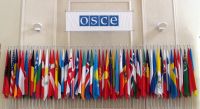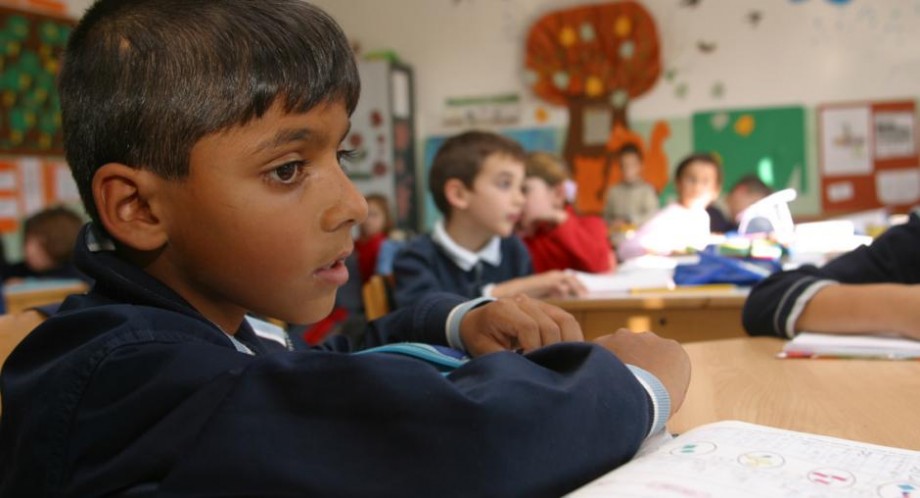‘Two Schools Under One Roof’ - The most visible example of discrimination in education in Bosnia and Herzegovina
 The report from the OSCE Mission to BiH addresses the practice of ‘two schools under one roof’ in the Federation of BiH as the most visible (but by no means only) manifestation of discrimination in the education systems of the country. It states that a core principle underlying the OSCE’s Helsinki Final Act is that there can be no real security without respect for human rights and fundamental freedoms. In Bosnia and Herzegovina the right to education is being violated because of discrimination, which exists in schools in both entities.
The report from the OSCE Mission to BiH addresses the practice of ‘two schools under one roof’ in the Federation of BiH as the most visible (but by no means only) manifestation of discrimination in the education systems of the country. It states that a core principle underlying the OSCE’s Helsinki Final Act is that there can be no real security without respect for human rights and fundamental freedoms. In Bosnia and Herzegovina the right to education is being violated because of discrimination, which exists in schools in both entities.
The practice of ‘two schools under one roof’ is a breach of international conventions as well as domestic legislation. Under ‘two schools under one roof’, pupils legally have the option to attend either of the two co-located schools, but the practical reality is that the school environments, including curricula, are welcoming to only one ethnic group. A domestic court has found the practice of two schools under one roof in Stolac and Čapljina as discriminatory, but the court’s ruling has not been implemented to date.
The OSCE Mission recommends the following steps to decisively advance toward ending the damaging practice of ‘two schools under one roof’:
Political Dialogue In recognition of the political nature of the issue, the Mission recommends that political leaders engage in intensive dialogue towards resolution, using this report as a basis for their discussions. Ideally, this would include a public pledge of commitment to end the damaging practice of ‘two schools under one roof’. Outputs that would aid them in implementing this pledge would be the development of an Action Plan with clear milestones.
Administrative and Legal Unification Creating administratively and legally unified schools is a feasible and pragmatic step toward ending segregation. Administrative and legal unification protects expectations of national distinction while breaking down unnecessary, discriminatory barriers while improving financial and human rescource management.
Increasing interaction between children The amount of exposure children have to each other should be maximised through the introduction of joint extracurricular activities, joint classes and other measures. In doing so, the artificial differences between children created by the school environment will be broken down.
Curricular reform Despite some progress in the immediate post-war period, out-of-date curricula and teaching materials that also contain ethnic and gender bias remain, impeding inclusivity and quality of education. Work on curricular reform, in particular through implementing enhanced BiH Common Core Curriculum based on Student Learning Outcomes, is a crucial step towards achieving inclusive schools.
Respect for court decisions The non-implementation of binding court decisions is a significant challenge. International and domestic actors should increase advocacy for implementation of decisions related to ‘two schools under one roof’ and steps should be taken to hold those obstructing implementation accountable.
Donor responsibility Potential donors should avoid directing their funds and assistance to projects which would only benefit one ethnic group or support further division of students. Instead, they should actively support those schools and institutions which implement the recommendations of this report in good faith.
Full report can be read here.

